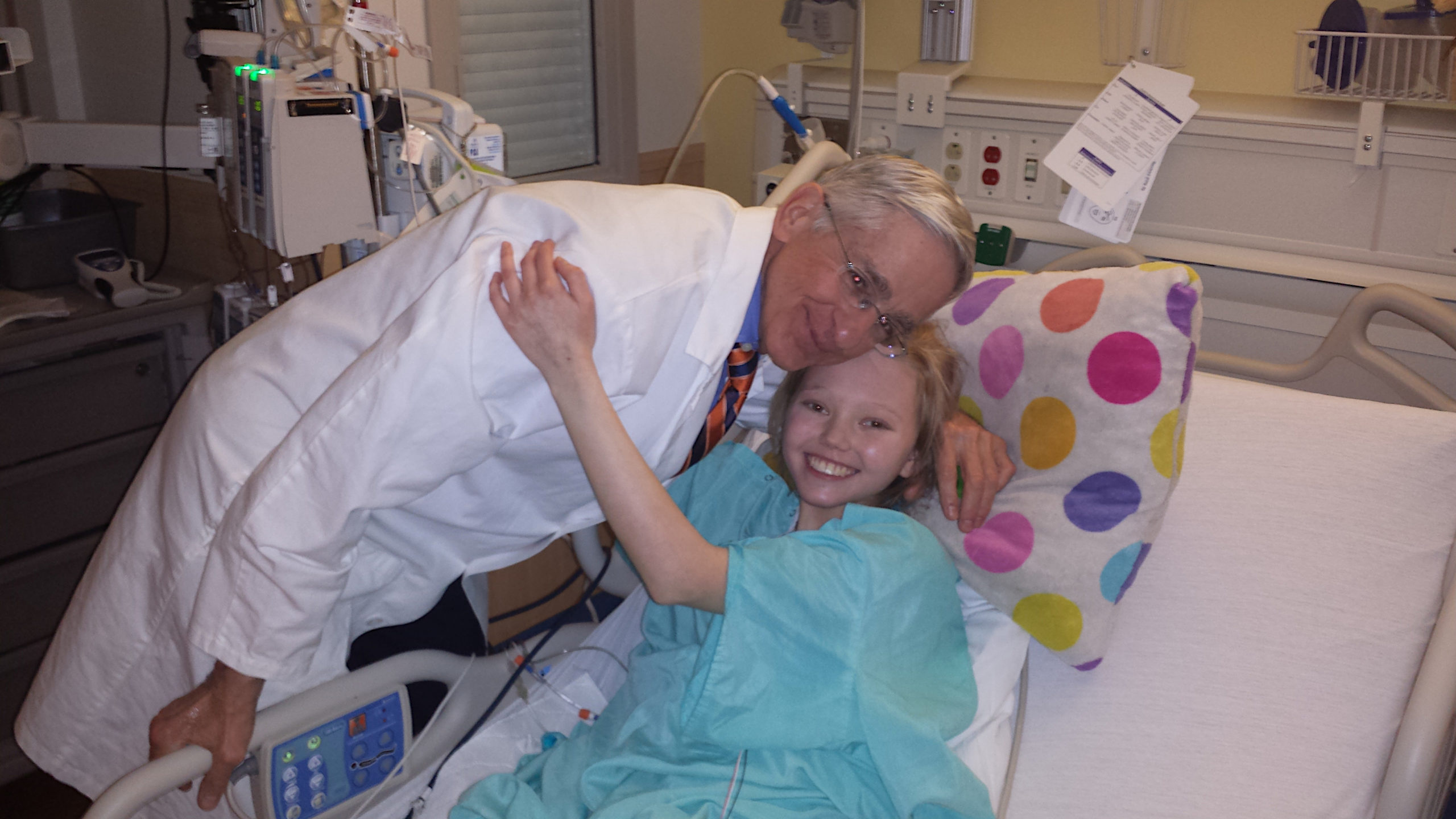You don’t have to avoid vacationing just because your child has Crohn’s disease or ulcerative colitis. To help families prepare, our Inflammatory Bowel Disease (IBD) team created this checklist to help families when traveling abroad or here in the United States. Maintaining your child’s daily regimen will help keep symptoms at bay and allow your family to have an enjoyable trip!
TRAVELING WITH CROHN’S DISEASE OR ULCERATIVE COLITIS
Before You Leave
- Contact your GI doctor prior to traveling. Inform them of your destination. They can suggest names of providers in that location and provide a written plan of action in case you need medical attention while away. Sometimes they may even prescribe you “emergency medications” like steroids or antibiotics to take with you in case of a flare.
- Make sure your vaccinations are up-to-date. You may not be able to receive certain vaccines depending on what medications you are taking (and no live vaccines if you’re immunocompromised).
- Bring enough of your medications to make it through the trip. You may need to refill some of medications prior to leaving. Carry these medications with you at all times (do not place in checked luggage if you’re flying). If your medications require refrigeration, carry them in a cooler and inform flight attendants and the TSA. You may also want to ask your doctor for a letter describing your medical condition and what medications you are taking.
- Keep your doctor’s phone number and insurance card in your wallet. If you’re traveling abroad, you may want to look into international medical insurance.
- Pack a necessities bag to keep close by. Your necessities may include things like extra toilet paper and/or wipes, ointments, extra underwear, hand sanitizer, antidiarrheal medications, and high calorie nutritional supplements.
- Print a notification card, where necessary. If flying with an ostomy, there is a TSA notification card that can be shown to TSA prior to your security screening and informs them of your medical condition. You may also want to carry an “I Can’t Wait” or Restroom Access Card that can assist with using public restrooms.
While You’re Away
- Drink lots of fluids to stay hydrated. It’s especially important to stay well-hydrated while you’re traveling. And if you’re headed out of the country, drink bottled water or water that has first been boiled to avoid potential symptoms.
- Beware of exotic foods that could trigger symptoms. Avoid the same food triggers that you would at home. And if you are unsure of a particular food, it’s best to play it safe and not eat it.
- Know what to do if symptoms arise. Have a plan for what to do if symptoms begin and where nearby doctors and hospitals are located. Consult a physician for high fever, shaking, chills, profuse bloody diarrhea, severe abdominal pain, dizziness, or signs of dehydration. You can use MyChart to communicate with your primary GI doctor while away if a flare begins and you might need those emergency medications.
- Learn key words. If traveling outside the country, know the language and how to say things such as toilet, bathroom, urgent, emergency, and pharmacy. Download an app that translates languages.
When you get home, report any abnormal symptoms (fever, pain, rash, bloody diarrhea) that your child had over the trip to your primary doctor and GI doctor if indicated. We hope you and your family have a safe and enjoyable trip!
To learn more about our Division of Gastroenterology, Hepatology and Nutrition, or to schedule an appointment, please call 513-636-4415 or email us at gastro@cchmc.org.






Thanks for information! Looking forward to a safe and happy trip.